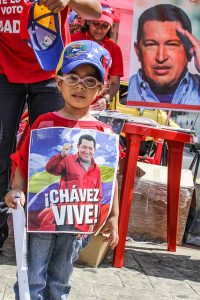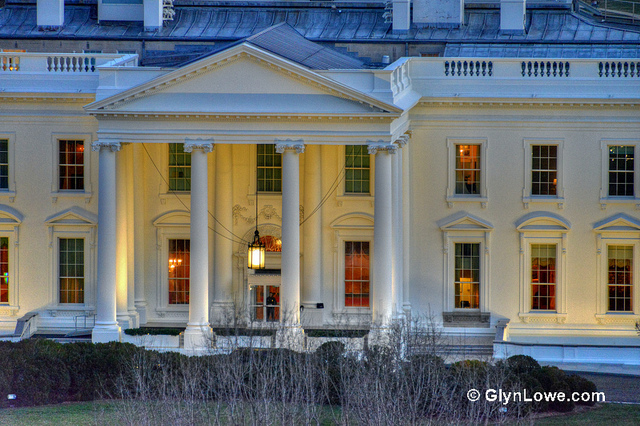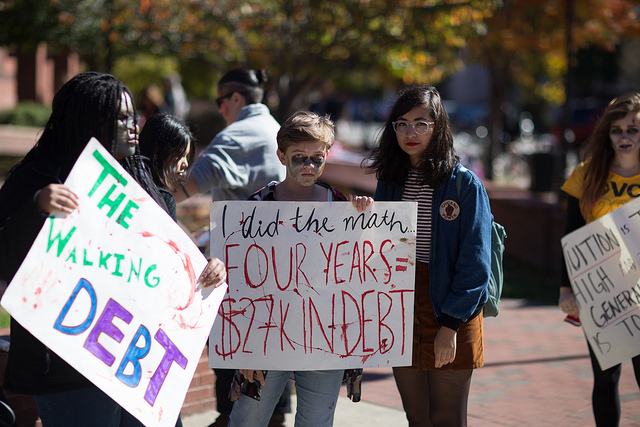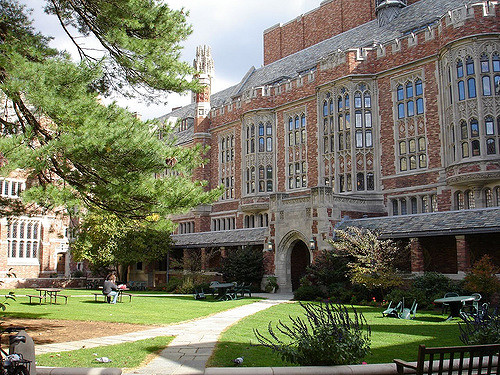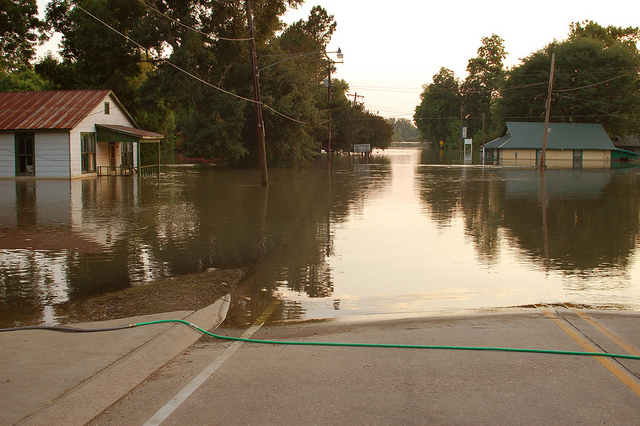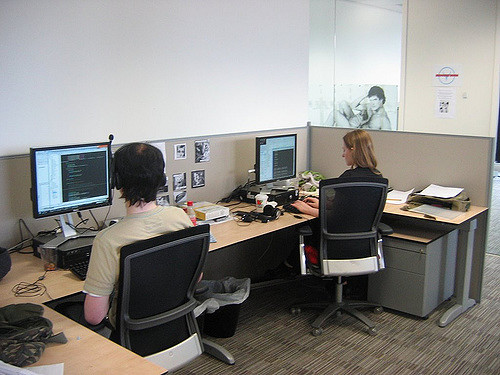
The college admissions scandal has brought concerns about meritocracy to the fore, but sociologists know that the myth of meritocracy also extends beyond college and into the workplace. Recently Daniel Laurison talked to The Atlantic about his new book, The Class Ceiling: Why It Pays to Be Privileged. Laurison and his coauthor, Sam Friedman, studied how elites in London profited from their privilege. In addition to being able to rely on financial assistance from parents when they were starting out in their career, Laurison and Friedman found that the culture and personnel of professional firms benefited upper-class workers.
One way that affluent workers get a leg up is that they are more likely to be similar to those who are already in the workplace, and informal systems of “sponsorship” often operate as workers helping out others who are similar to them. Laurison said,
“One of the big ideas of the book, for me, is it’s really hard for any given individual in any given situation to fully parse what’s actual talent or intelligence or merit, and what’s, ‘Gosh, that person reminds me of me, or I feel an affinity for them because we can talk about skiing or our trips to the Bahamas.’ Part of it is also that what your criteria are for a good worker often comes from what you think makes you a good worker.”
Another challenge for non-elites in the workplace are the unwritten rules. Laurison and Friedman pointed out how the culture of “studied informality” of one television studio actually functioned as an unwritten dress code, with right and wrong ways to be informal. Laurison told The Atlantic,
“There were all kinds of things, like who puts their feet up on the table and when they do it, when they swear—things that don’t seem like what you might expect from a place full of high-prestige, powerful television producers. But that was in some ways, I think, more off-putting and harder to navigate for some of our working-class respondents than hearing “just wear a suit and tie every day” might have been. The rules weren’t obvious, but everybody else seemed to know them.”
Laurison and Friedman advocate for shifting workplace culture to be more similar to codes of conduct familiar to middle and working class individuals, not simply trying to teach upper-class codes to those who are trying to climb the ladder. And, of course, they note that if wages weren’t so stratified both within and between workplaces there wouldn’t be such extreme economic consequences to these systems of informal knowledge and networking.

